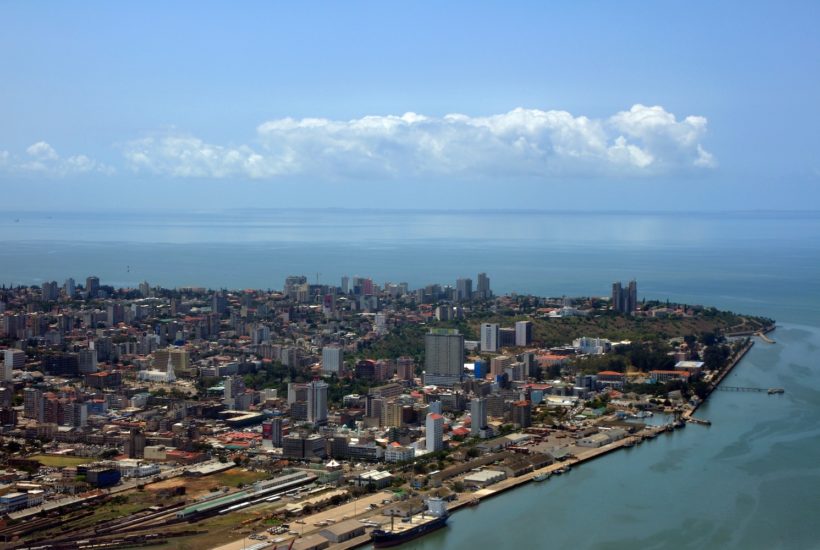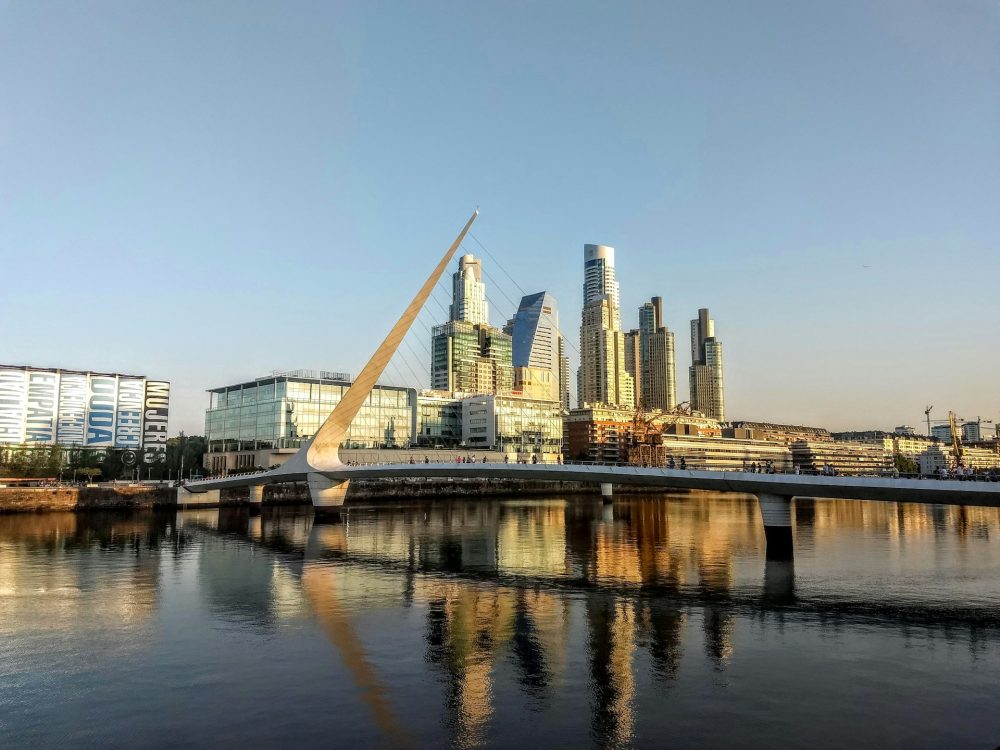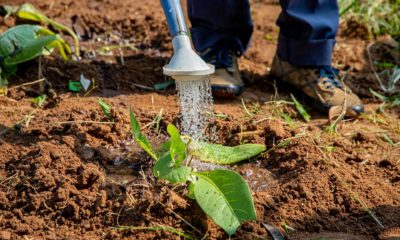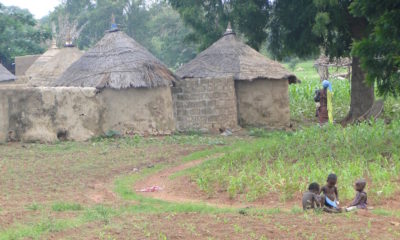Africa
Mozambique’s government seeks financial support from the IMF and the World Bank
The government of Mozambique intends to obtain financial aid from the International Monetary Fund and the World Bank. The Prime Minister said that he estimates the country needs $700 million dollars (€641 million) to face the COVID-19 pandemic. The Minister of Economy and Finance, Adriano Maleiane, has already revised downwards the economic growth forecast for this year.

The Prime Minister of Mozambique, Carlos Agostinho do Rosário, said that the executive is in contact with the International Monetary Fund (IMF) and the World Bank (WB) to mobilize the necessary resources the country needs to fight against the COVID-19 pandemic
“We are interacting with our cooperation partners, especially the International Monetary Fund and the World Bank in mobilizing resources,” said Carlos Agostinho do Rosário, speaking during the presentation of the Government’s Five-Year Program (PQG) 2020-2024 to the deputies of the Parliament.
Find out more about the measures emerging countries in Africa are taking in order to cope with the coronavirus crisis. Read the latest economic news from around the world, with our companion app Born2Invest.
Mozambique might need $700 million to cope with the coronavirus crisis
The Prime Minister did not go into detail about the values that the Mozambican executive intends to obtain from international financial institutions. However, he said that the support will be used to strengthen aid to the poorest populations and mitigate the impact on the national business fabric.
On March 23rd, the Mozambican executive said the country needs $700 million dollars (€641 million) to face the COVID-19 pandemic.
The Mozambican prime minister stressed the need to support micro, small and medium businesses operating in the provision of essential medicines, goods, and services in the face of the emergency caused by COVID-19.
Carlos Agostinho do Rosário reiterated the measures announced on the 22nd of last month by the Bank of Mozambique to support companies and families.
The central bank announced the “introduction of credit lines in foreign currency for banks and relaxation of the conditions for restructuring bank customers’ credits to mitigate the effects of COVID-19.”
The measures consist of “introducing a foreign currency financing line for institutions participating in the Interbank Foreign Exchange Market, totaling $500 million (€467 million euros), for a period of nine months.
A week earlier, the institution had announced the reduction in the compulsory reserves required of the banking system in national (metical) and foreign currency.
The program that the Mozambican Parliament began debating predicts the country’s economy will reach 2024 with an average growth rate of 5.5%, but the estimate was made before the impact of COVID-19.
The Minister of Economy and Finance, Adriano Maleiane, has already revised downwards the economic growth forecast for this year, which may influence the accounts of the five-year program.
Instead of the 4.8% growth forecast for 2020, official forecasts now point to 2.2% in a pessimistic scenario and 3.8% in an optimistic one.
The COVID-19 pandemic has reached Mozambique
Mozambique has 10 official cases of infection with the new coronavirus and is in a state of emergency until the end of the month, prohibiting all types of events, public or private and even religious.
The new coronavirus, responsible for the COVID-19 pandemic, has already infected more than 905,000 people worldwide, of whom almost 46,000 have died. Of the cases of infection, at least 176,500 are considered cured.
The number of deaths in Africa has risen to at least 209 out of more than 5,940 confirmed cases in 49 countries, according to statistics on the disease on the continent.
__
(Featured image by Hansueli Krapf via Wikicommons)
DISCLAIMER: This article was written by a third party contributor and does not reflect the opinion of Born2Invest, its management, staff or its associates. Please review our disclaimer for more information.
This article may include forward-looking statements. These forward-looking statements generally are identified by the words “believe,” “project,” “estimate,” “become,” “plan,” “will,” and similar expressions. These forward-looking statements involve known and unknown risks as well as uncertainties, including those discussed in the following cautionary statements and elsewhere in this article and on this site. Although the Company may believe that its expectations are based on reasonable assumptions, the actual results that the Company may achieve may differ materially from any forward-looking statements, which reflect the opinions of the management of the Company only as of the date hereof. Additionally, please make sure to read these important disclosures.
First published in Africa21Digital, a third-party contributor translated and adapted the article from the original. In case of discrepancy, the original will prevail.
Although we made reasonable efforts to provide accurate translations, some parts may be incorrect. Born2Invest assumes no responsibility for errors, omissions or ambiguities in the translations provided on this website. Any person or entity relying on translated content does so at their own risk. Born2Invest is not responsible for losses caused by such reliance on the accuracy or reliability of translated information. If you wish to report an error or inaccuracy in the translation, we encourage you to contact us.

-

 Fintech5 days ago
Fintech5 days agoImpacta VC Backs Quipu to Expand AI-Driven Credit Access in Latin America
-

 Fintech2 weeks ago
Fintech2 weeks agoNubank Launches in Argentina With $474M Bet to Shake Up the Fintech Market
-

 Impact Investing2 days ago
Impact Investing2 days agoClimate Losses Drive New Risk Training in Agriculture Led by Cineas and Asnacodi Italia
-

 Biotech1 week ago
Biotech1 week agoWhy Bioceres Shares Slide Into Penny Stock Territory
























